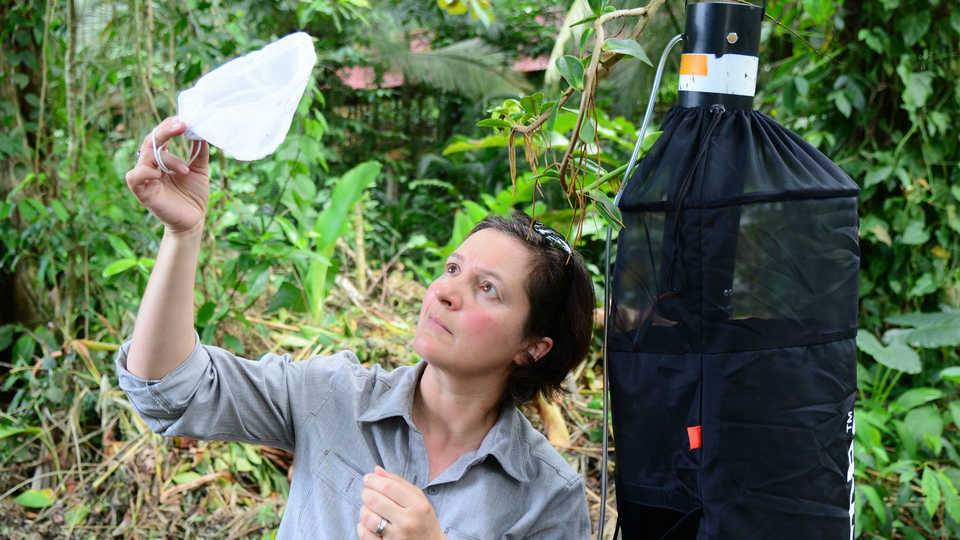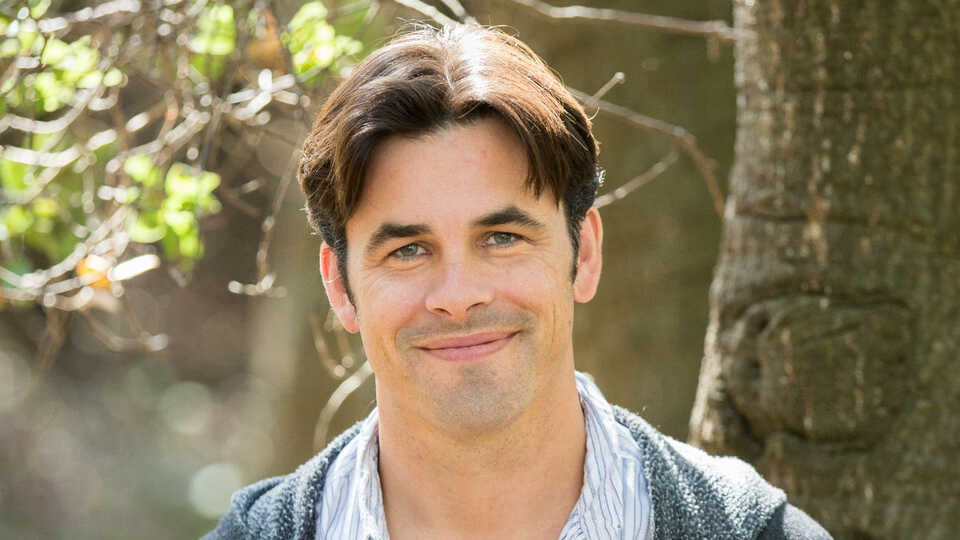The Institute for Biodiversity Science and Sustainability at the California Academy of Sciences is at the forefront of efforts to understand two of the most important topics of our time: the nature and sustainability of life on Earth. Based in San Francisco, the Institute is home to more than 100 world-class scientists, state-of-the-art facilities, and nearly 46 million scientific specimens from around the world. The Institute also leverages the expertise and efforts of more than 100 international Associates and 400 distinguished Fellows. Through expeditions around the globe, investigations in the lab, and analysis of vast biological datasets, the Institute’s scientists work to understand the evolution and interconnectedness of organisms and ecosystems, the threats they face around the world, and the most effective strategies for sustaining them into the future. Through innovative partnerships and public engagement initiatives, they also guide critical sustainability and conservation decisions worldwide, inspire and mentor the next generation of scientists, and foster responsible stewardship of our planet.
Endowed position is named in honor of William J. Patterson, former Chair of the Academy’s Board of Trustees
SAN FRANCISCO (September 28, 2015) — The California Academy of Sciences has appointed Drs. Shannon Bennett and Scott Loarie as the second and third Patterson Scholars in Science and Sustainability. The Patterson Scholar chairs are named in honor of the late William J. Patterson, Chair of the Academy’s Board of Trustees from 2007 to 2010. These endowed chairs are made possible by friends, family, and colleagues in his memory.
“Though I never had the pleasure of knowing him, Bill Patterson was a tried-and-true believer in the Academy’s mission to explore, explain, and sustain life on Earth,” says Dr. Jon Foley, Executive Director of the Academy. “Bill saw our museum scientists as the lifeblood of this special place, and he left an incredible impression on everyone here. Shannon Bennett and Scott Loarie—both passionate about public engagement and the power of science to make the world stronger—are the perfect Patterson Scholars to magnify Bill’s inspiring vision for years to come.”
Exploring the microscopic world
Shannon Bennett, Academy curator of microbiology, explores the way biodiversity loss impacts the viruses that can cause humans no end of grief. When Bennett peers into a microscope, mosquito trap, or test tube, she sees an evolutionary arms race between virus, host, and vector. Microscopic pathogens, including dengue and malaria, are exquisitely adaptable replication machines that wreak havoc on global human communities. These microbes must move from host to host to survive, sometimes by way of third-party vectors—like mosquitoes.
Bennett’s team travels the tropical world to study the diversity and abundance of microbes in mosquitoes and other hosts across a variety of habitats—from pristine Amazonian rainforests to Thai rice fields and crowded urban centers—and see what happens to key vector species in disturbed systems. “We’re tracking the origins of infectious agents,” says Bennett, and results are reinforcing biodiversity as one of humankind’s “greatest defenses against the spread of invasive mosquitoes and deadly disease.” Whether she’s interacting with museum guests on the Academy’s public floor, mentoring young researchers, or working with citizen scientists (including her own daughter) in field sites around the world, Bennett works to spread the powerful message that global conservation is vital to protecting the health of our families, human neighbors, and animal relatives worldwide.
Conservation through big data
This month, Scott Loarie watched his biodiversity social network, iNaturalist.org, hit a staggering milestone: more than 1.7 million nature observations of the natural world. This crowdsourced sea of global biodiversity data—invaluable because it is both georeferenced and vetted by experts—is revolutionizing the scale and pace at which scientists are able to assess and predict the impacts of climate change, habitat loss, and other global threats to our planet’s natural resources.
Loarie—an environmental biologist by training—calls big data “one of Earth’s greatest hopes for a healthy future.” iNaturalist participants snap photos of animals and plants observed in their natural habitats, like lobster mushrooms in Washington State and kiwi birds in New Zealand, and share them with a global online community. This international database appears on searchable maps available to anyone with a mobile phone or access to the Internet. For years, Loarie has poured over gigantic datasets, investigating how warming climate and human action shape ecosystems. As a co-director of the Academy’s iNaturalist platform, Loarie champions crowdsourced biodiversity data as the best way for the general public to help scientists dig into our gritty new climate reality on an unprecedented scale.
The Patterson vision
Before his passing on September 24, 2010, Patterson spoke with Academy staff about his vision for an Academy that combines active science and education more effectively than any comparable institution in the world. The Patterson Scholars in Science and Sustainability helps bring this vision to life. Like Bennett, Loarie, and inaugural Scholar Dr. Brian Fisher, future Patterson Scholars will be scientist-educators of exceptional talent, achievement, and productivity who are committed to exploring the natural world, the challenge of sustainability, and science education through public engagement.
Press Contacts
If you are a journalist and would like to receive Academy press releases please contact press@calacademy.org.
Digital Assets
Hi-res and low-res image downloads are available for editorial use. Contact us at press@calacademy.org to request access.

